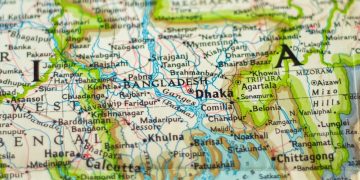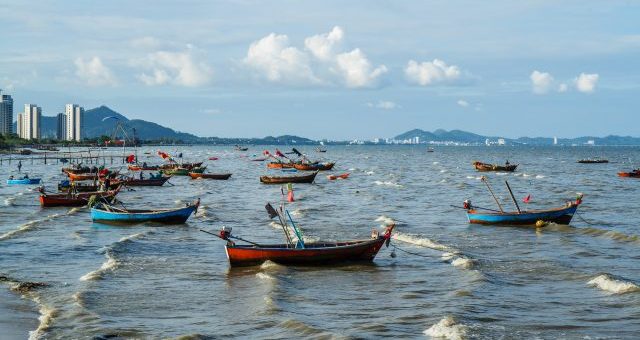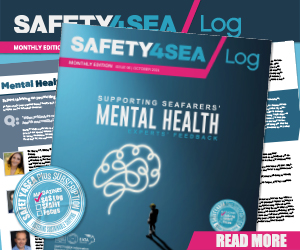Transparency, such as publishing details of fishing licences, must be improved to eradicate illegal fishing and prevent the collapse of Ghana’s fishing industry, according to a new report by the Environmental Justice Foundation (EJF) and Hen Mpoano, under the EU-funded Far Dwuma Nkɔdo project.
The report reveals that the Ghanaian fishing industry suffers from a shocking lack of transparency, which allows illegal operators to disguise the identity, ownership and history of fishing vessels, avoiding detection and sanctions. As a result, illegal fishing is rife and vast over-capacity in the fishing fleet continues to decimate fish stocks.
Although Ghana’s laws forbid any foreign ownership or control of industrial trawl vessels flying its flag, Chinese companies operate extensively through Ghanaian ‘front’ companies, a previous report by EJF revealed. Using opaque corporate structures, they import their vessels, register and obtain a licence to fish.
These actions are enabled by a complete lack of transparency including disguising who is responsible for illegal actions and who controls and benefits from Ghana’s industrial trawl fleet.
Additionally, according to the report, fines for illegal fishing are often negotiated – through opaque out-of-court settlements – to a fraction of the US$1 million minimum set out in the law, which can foster corruption and significant loss of state revenue.
Transparency in Ghana’s fishing industry is vital to thousands of people’s livelihoods, and the food security of the entire nation. It is a low-cost, highly effective means to tackle illegal fishing, improve accountability and support meaningful participation in decision-making,
… says EJF Executive Director Steve Trent.
In response, the report recommends that the Ghanaian government should:
- Allow for external scrutiny of progress towards achieving targets for sustainable fisheries management.
- Invest the revenue from licence fees and fines in the sustainable development of the sector and publish the details.
- Identify the true beneficiaries and perpetrators of large-scale and organized illegal fishing and hold them publicly accountable for their actions.
- Make vessel monitoring data publicly available, to improve oversight of Ghanaian fishing activities, both in national waters and in neighbouring countries.
The ongoing revision of the 2002 Fisheries Act provides a unique opportunity to put Ghana’s fisheries on the road to sustainability by enshrining these crucial measures into national law, the report stresses.
Incomes of small-scale fishers have dropped by as much as 40% in the last 10-15 years, and Ghana is now forced to import more than half of fish consumed. Access to credible information is essential for informed participation in fisheries management. Together, transparency and participation increase accountability of government institutions and support the fight against corruption,
…says Director of Hen Mpoano Kofi Agbogah.

































































